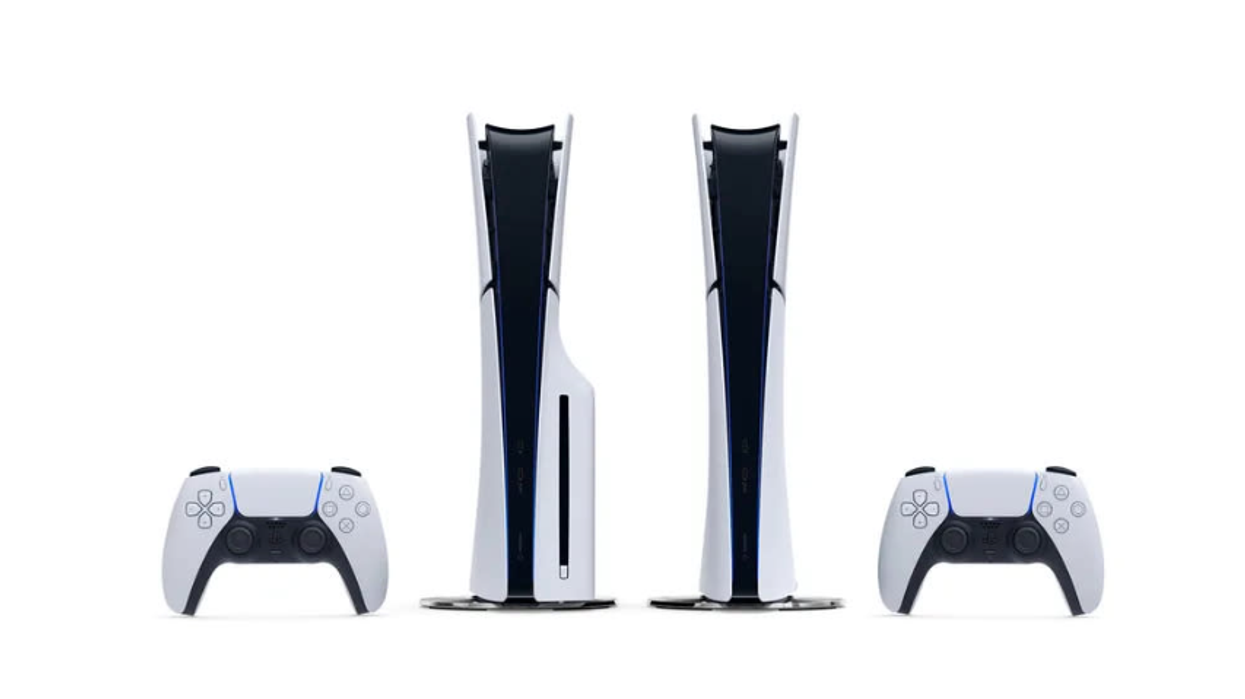Highlights:
- Leak claims PS6 may offer triple the performance of the base PS5
- Pricing could remain at £395, same as PS5 launch
- Leak sourced from an alleged AMD presentation to Sony
- Backwards compatibility with PS4 and PS5 expected
- PS6 handheld also rumoured, with enhanced specs and modular storage
- Manufacturing may begin mid-2027, with release window between late 2027 and early 2028
Rumours surrounding Sony’s next-generation PlayStation console have gained momentum, with a new leak suggesting the PS6 may offer significantly improved performance while retaining the launch price of the PS5. The claims were made in a video by tech YouTuber Moore’s Law is Dead, who cited an internal AMD presentation allegedly shared with Sony in 2023.
While Sony has made no official comment, the leak suggests that the PS6 could offer three times the rasterisation (3D rendering) performance of the base PS5 and approximately double that of the upcoming PS5 Pro.
The report also suggests that Sony is aiming for a lower power draw and cost-efficient components, with the PS6 potentially launching at £395 — the same price the PS5 debuted at in 2020.
Backwards compatibility and development timeline
The PS6 is expected to support backwards compatibility with both PS4 and PS5 titles, positioning it as a versatile successor within the PlayStation ecosystem.
According to the video, Sony may begin manufacturing the PS6 around mid-2027, with a tentative release window between autumn 2027 and early 2028. However, the YouTuber notes that the information could be outdated, as the specifications may have evolved since the original leak.
Rumoured PS6 handheld device in development
In addition to the main console, Sony is reportedly developing a companion handheld device. If accurate, the new device will feature a microSD slot, M.2 SSD expandability, touchscreen, haptic vibration, dual microphones, and a USB-C port capable of video output.
The PS6 handheld is said to rival competitors like the ROG Ally X in terms of performance, with a projected price range between £315 and £395.
Disclaimer: These details are based on unofficial sources and early leaks. As with all pre-release information, they should be treated with caution until confirmed by Sony.





